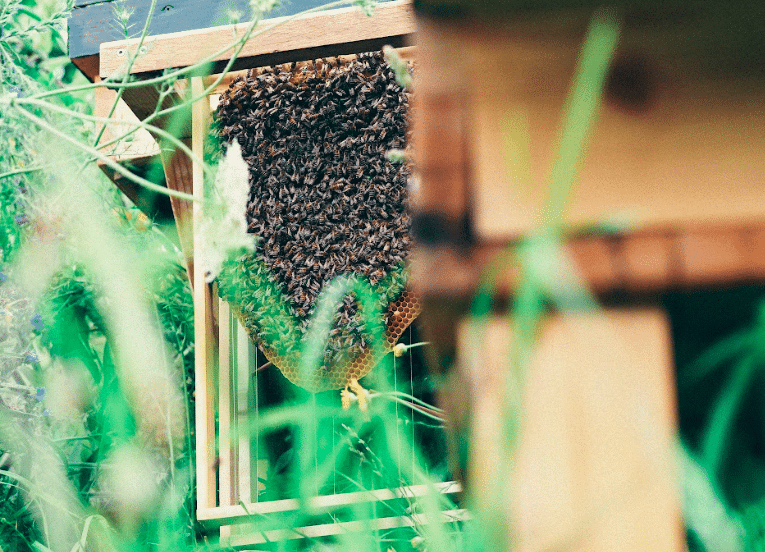Bees, the vital pollinators of our crops and significant contributors to human societies, possess incredible cognitive abilities that have fascinated researchers for years.
Bees are capable of visiting hundreds of flowers in a single day. They have an excellent memory and can learn which floral colors, shapes, and locations are best for finding food. These memories can last for days, enabling individual bees to return to the most rewarding flowers. Moreover, through “cross-modal” learning, they can recognize objects they’ve experienced with one sense when presented through another sense. For instance, bumblebees were trained to differentiate between cubes and spheres using only touch but could still visually distinguish them in the absence of touch. Bees also learn from each other. Through the famous “waggle dance,” honeybees communicate information about the distance, direction, and quality of food sources to their nest mates.

Bees’ learning abilities extend beyond flowers. They can recognize art styles and even distinguish between artists. In experiments, bees were rewarded for visiting paintings by specific artists, such as Monet or Picasso. While our understanding of bee brains mainly focuses on honeybees and bumblebees, there are thousands of other bee species, particularly native bees, that remain largely unexplored. Studying these less-known species could unveil more of their astonishing abilities.
Despite their cognitive prowess, bees face numerous challenges, including habitat loss, pollution, climate change, and pesticide use. Stress negatively affects their cognitive functions, making it harder for them to learn, think, and remember.
In conclusion, bees are not just simple insects; they possess complex cognitive abilities that contribute to their survival and our own. As we observe bees in our gardens, we should appreciate the incredible things their brains can do and recognize the importance of protecting and conserving these invaluable creatures. If you are interested in knowing more about bees and how to contribute to their survival check our programs Bee The Change, the BeeingHotel and many more on our website Beeing.